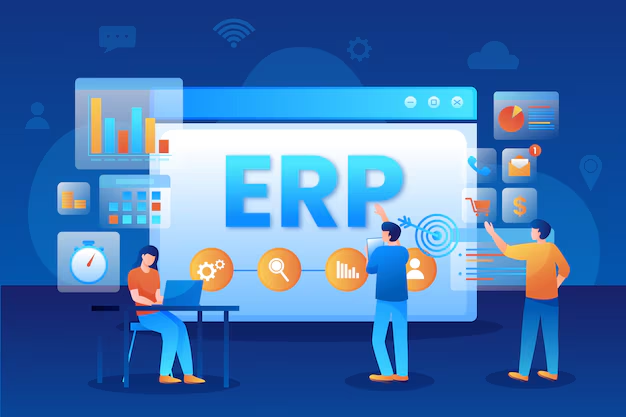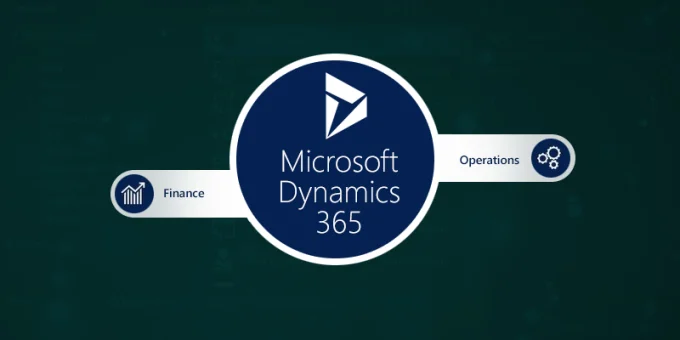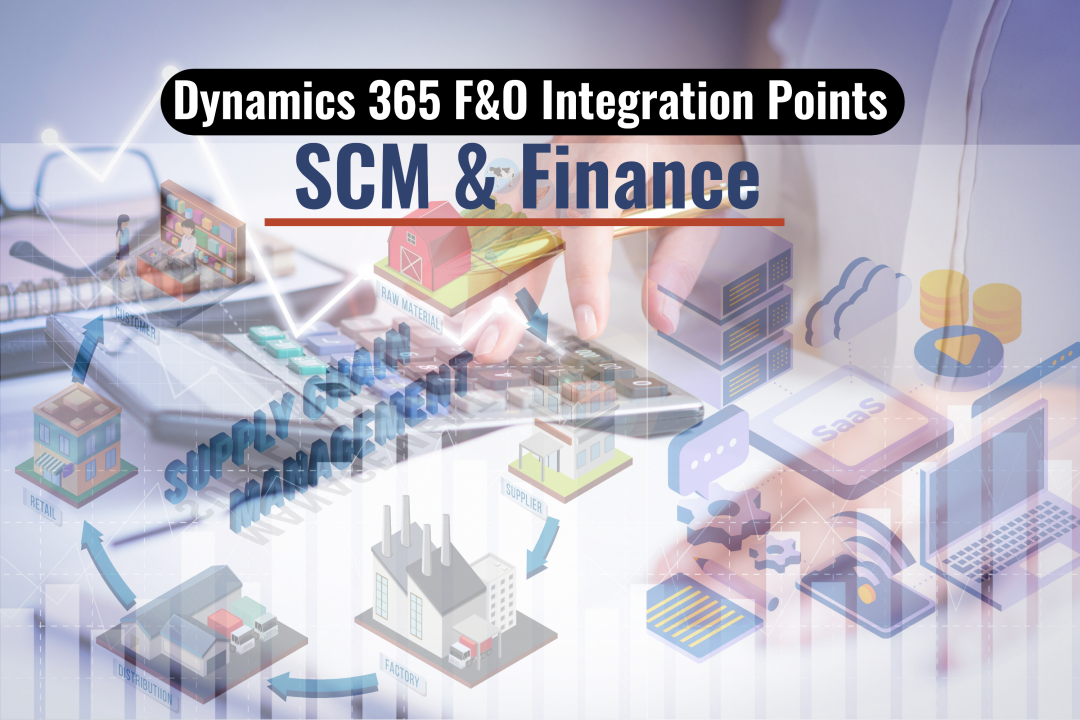Description
Introduction of Hyperion Application Lifecycle Management
Hyperion Application Lifecycle Management (ALM) encompasses the processes and tools necessary for managing the lifecycle of Hyperion applications from development through deployment and maintenance. This course focuses on best practices for ALM, enabling organizations to ensure high-quality application performance, streamline processes, and effectively manage changes throughout the application lifecycle.
Prerequisites
- Basic understanding of Oracle Hyperion applications
- Familiarity with application development and management concepts
- Knowledge of project management principles
Table of Contents
- Overview of Application Lifecycle Management
1.1 Definition and Importance of ALM in Hyperion
1.2 Key Phases of the Application Lifecycle
1.3 Benefits of Effective ALM Practices - Planning for ALM
2.1 Defining ALM Objectives and Scope
2.2 Identifying Key Stakeholders and Roles
2.3 Developing an ALM Strategy and Roadmap - Development Best Practices
3.1 Utilizing Version Control for Application Development
3.2 Implementing Standard Coding Practices
3.3 Developing Modular and Reusable Components - Testing and Quality Assurance
4.1 Establishing Testing Protocols and Procedures
4.2 Conducting Functional and Performance Testing
4.3 Utilizing Automated Testing Tools(Ref: Mastering Agile PLM: Core Concepts and Best Practices) - Deployment Strategies
5.1 Planning for Application Deployment
5.2 Implementing Change Management Processes
5.3 Ensuring Smooth Transition to Production - Monitoring and Performance Management
6.1 Establishing Key Performance Indicators (KPIs)
6.2 Monitoring Application Performance Metrics
6.3 Utilizing Analytics for Performance Optimization - Maintenance and Support
7.1 Implementing a Support Framework for Users
7.2 Managing Application Updates and Enhancements
7.3 Addressing Common Maintenance Issues - Documentation and Knowledge Management
8.1 Creating Comprehensive Documentation for Applications
8.2 Establishing Knowledge Sharing Practices
8.3 Utilizing Documentation Tools and Repositories - Security and Compliance Considerations
9.1 Ensuring Data Security Throughout the ALM Process
9.2 Adhering to Compliance Standards and Regulations
9.3 Conducting Regular Security Audits - Future Trends in ALM
10.1 The Impact of Cloud Solutions on ALM Practices(Ref: Google Cloud Platform (GCP) Core Infrastructure Services)
10.2 Adopting Agile Methodologies in ALM
10.3 Preparing for Evolving Technology and User Needs
Conclusion
This course provides participants with essential knowledge and best practices for effectively managing the lifecycle of Hyperion applications. By implementing robust ALM processes, organizations can enhance application performance, ensure compliance, and adapt to changing business needs. A strong focus on ALM enables organizations to leverage their Hyperion applications to drive better financial outcomes and improve overall operational efficiency.







Reviews
There are no reviews yet.